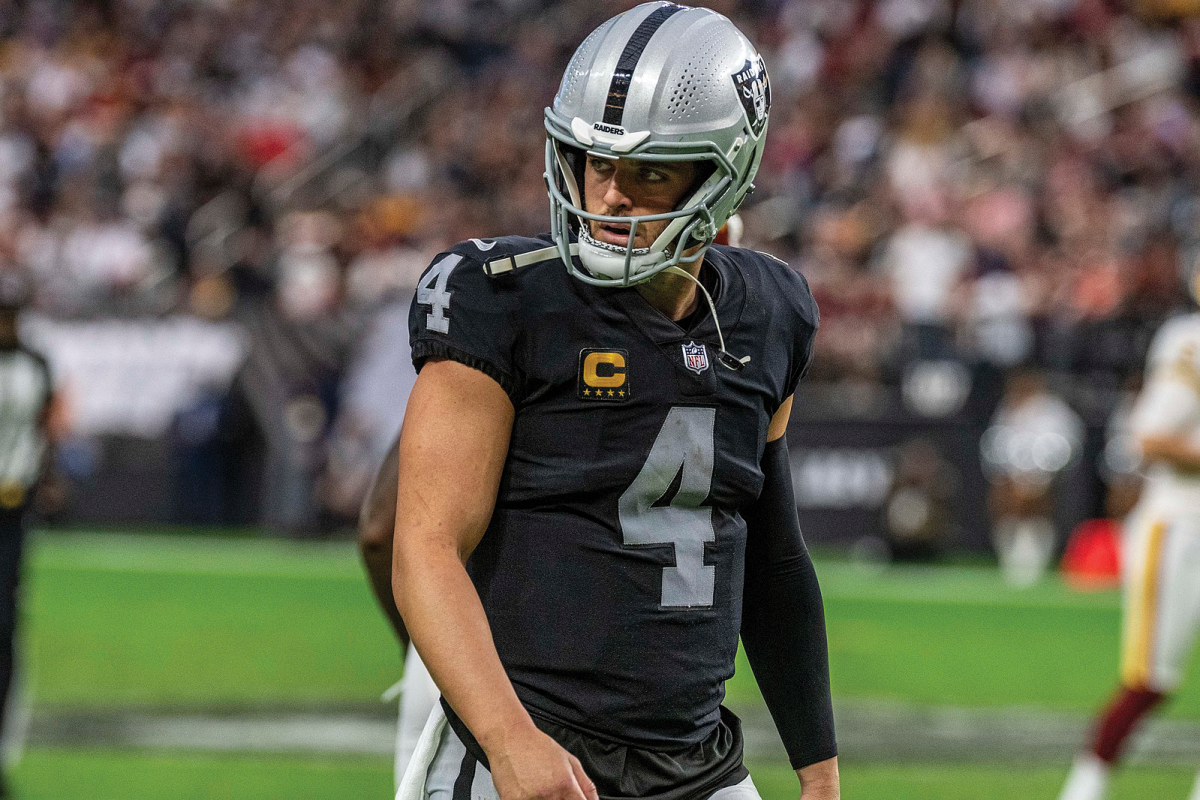
Since the 2000-2001 NBA season, no player has ever won MVP playing less than 65 games in a full 82-game season, with the ones that did play less than 65 coming in shortened seasons. There is a reason for this and it is quite simple, the NBA has and always has valued games played for the MVP.
Given the value of the MVP, the league instituted a new rule that a player must play 65 games to win it and be eligible for other awards such as an All-NBA team. Prestigious awards such as those two can be tied to player contracts. Other requirements include a player averaging 20 minutes per game and only two games where they play 15-20 minutes a game.
Why did they feel this was necessary? The answer is the ever-growing problem that is load management, which has increasingly become the main talking point in the NBA.
The goal of this rule was to have the star players play in more games to confront load management. The league and the fans had grown tired of seeing star players not play and I agree that load management has been taken too far. However, this rule does not fix the problem.
The problem the NBA is facing is not that voters do not consider games played when voting for MVP but players not playing in games. Their solution fixes a problem that was never there.
Looking at the past 10 years of All-NBA selections, the past four years have had 26 players make an All-NBA team playing less than 65 games vs the six years prior, which had nine.
Yet this new rule punishes players who have real injuries.
Tyrese Haliburton, a breakout player this year, will likely be unable to earn an All-NBA spot due to this rule. This will cost him north of 40 million dollars when negotiating a contract extension with his team, the Indiana Pacers. Haliburton, who has missed 14 games already, is likely to miss out on the games requirement.
Another star player that did not meet the 65 game requirement is Cleveland Cavaliers guard Donovan Mitchell. Mitchell had averages of 26.6 points, 5.1 rebounds, and 6.1 assists per game. However, Mitchell only featured in 55 games due to multiple injuries and will not be able to make an All-NBA team.
Looking back at the last 10 All-NBA teams, there have been extreme circumstances where a player who has played less than 65 games makes an All-NBA team. Los Angeles Lakers forward LeBron James made an All-NBA third team playing only 45 games in a season and Golden State Warriors guard Stephen Curry only played 51.
This rule created a new problem. By putting a hard number on games played, the NBA is limiting its stars in a way it has never done. What is to say that as soon as a player knows they cannot make an All-NBA team, they start playing fewer games so they can rest since they are unable to win one of the league’s most prestigious awards.
The NBA wants to see its best players play because that is what is best for tickets, merchandise, and ratings. However, players are always going to look out for themselves, and so will the team. So if they already know that they are eliminated from award contention with ten games left in the season, what is there to stop them from not playing?
The issue is not that the NBA is trying to get their best players to play more, it is trying to stop them from not playing. However, this new rule does not fix the problem. They have used an indirect solution to address the load management problem and made it worse. The solution is now a bigger issue than the original problem.
Ultimately, the NBA wants to put a stop to what they deemed to be excessive load management which most fans can get behind. However, the rule also punishes players who have had a legitimate injury during the season. There is not a clear solution to load management, but this one is not working. At the end of the day, are we going to punish one player for playing 64 games and praise another for playing 65?




